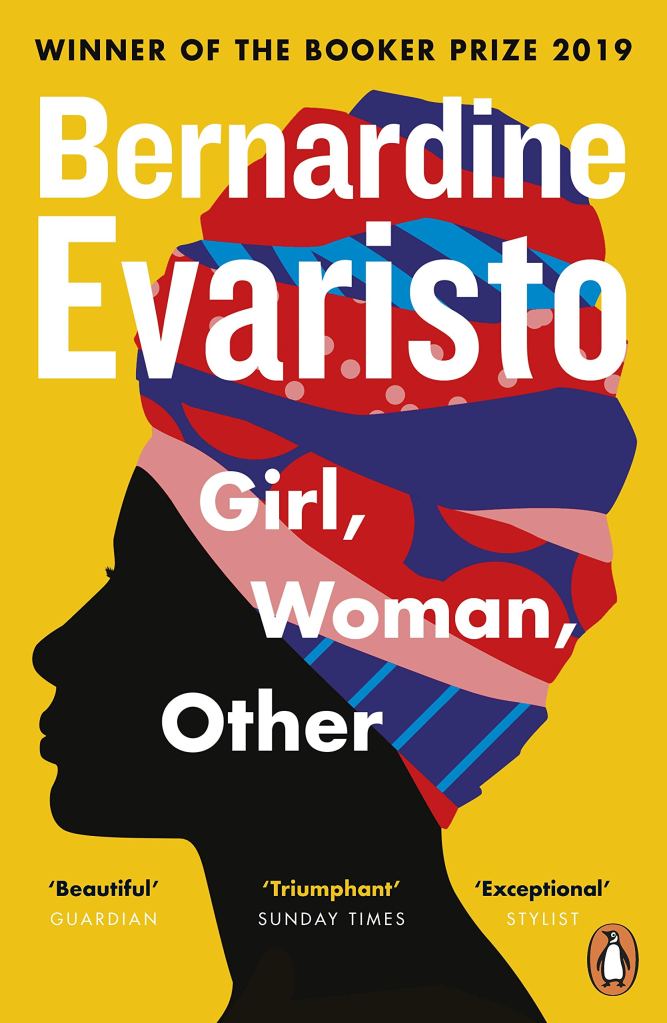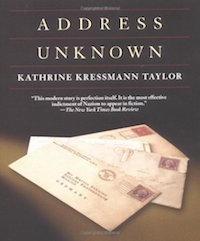Summary of the meeting

A few weeks ago (sorry for the delay), we met to discuss Girl, Woman, Other by Bernardine Evaristo. This novel describes the life of twelve characters whose lives intertwine in a time span of about thirty years, alongside with many other characters. It is complicated to follow, at times, but gives us many points of view, or angles, to their personalities, from within, but also from their loved or hated ones. The interconnectivity and interdependency of humankind is the main topic, but also the intersectionality, feminism, womanhood and, in particular, identity, whether race or gender.
Relationships among the characters are a big part of the novel, too, but they are a way of explaining how they affect each other, as they hurt, betray or love one another in multiple ways. Finally, the struggle of black artists, the politics and the privilege of education make the novel more round.
Although some members found it stereotypical, others found it fresh.

We gave the book an 8/10.
At the BookClub…
… we have read quite a few novels, especially in the recent years, that deal with racism. We read Girl, Woman, Other by Bernardine Evaristo, that also deals with colourism, although not in such a clear way. This novel also deals with identity, both gender and family, which we’ve covered in many novels, as, it seems, it is one of the topics that most worry the humankind. In One Person by John Irving describes from within what it is to find yourself in a body that doesn’t belong to you.
Bernardine Evaristo

Born in England in 1959, Evaristo has established herself as a prominent figure in the literary world. Her writing often explores themes of identity, race, gender, and cultural diversity, offering a fresh and insightful perspective on these subjects.
She won the Booker Prize in 2019 with Girl, Woman, Other, but her works encompass various genres, including novels, poetry, and essays.
Next book

Address Unknown by Katherine Kressmann Taylor
A rediscovered classic, originally published in 1938 and now an international bestseller. When it first appeared in Story magazine in 1938, Address Unknown became an immediate social phenomenon and literary sensation. Published in book form a year later and banned in Nazi Germany, it garnered high praise in the United States and much of Europe.
A series of fictional letters between a Jewish art dealer living in San Francisco and his former business partner, who has returned to Germany, Address Unknown is a haunting tale of enormous and enduring impact.
Friday, February 9 at 6 pm
at Biblioteca Ventura Gassol, Cunit
Books available at the Library.
Quote

If I participate, knowingly or otherwise, in my sister’s oppression and she calls me on it, to answer her anger with my own only blankets the substance of our exchange with reaction. It wastes energy. And yes, it is very difficult to stand still and to listen to another woman’s voice delineate an agony I do not share, or one to which I myself have contributed.It wastes energy. And yes, it is very difficult to stand still and to listen to another woman’s voice delineate an agony I do not share, or one to which I myself have contributed.
Audre Lorde, Sister Outsider: Essays and Speeches
